#japanese author
Photo

Man in Foliage, 1968.
Yukio Mishima: The Death of a Man
Photography by Kishin Shinoyama
#yukio mishima#kishin shinoyama#japanese photography#japanese author#japanese literature#mishima#otoko no shi#the death of a man
3K notes
·
View notes
Text

Yukio Mishima tribute + + +
506 notes
·
View notes
Text
reading during golden hour is therapeutic

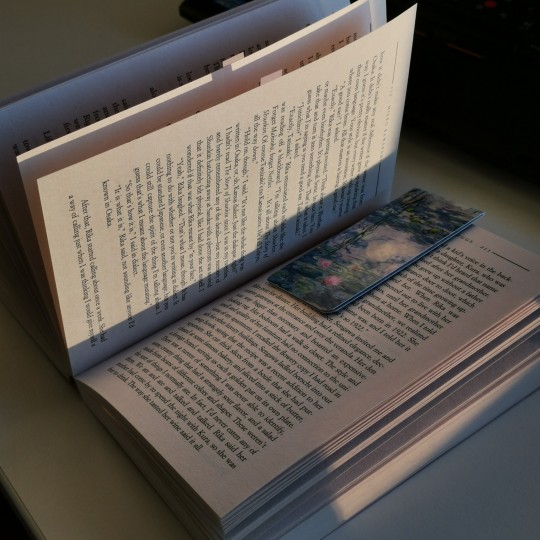
#me#mine#booklr#books#booktok#breasts and eggs#mieko kawakami#monet#art#bookstagram#aesthetic#golden hour#2023#reader#reader aesthetic#book aesthetic#japanese novel#japanese author
248 notes
·
View notes
Text
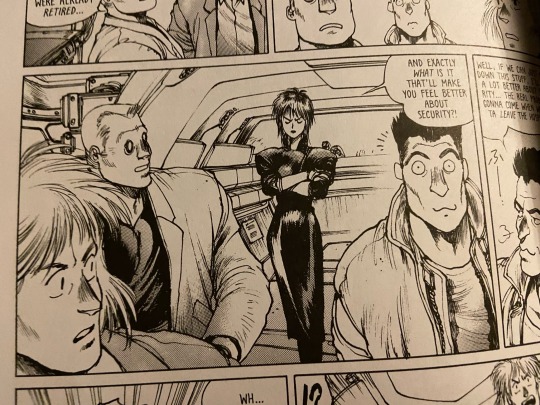
Chroma,Azuma,Batou,& Togusa by Shirow Masamune in Ghost in the Shell 1.5 Human Error Processor Deluxe Edition Published by Kodansha Comics
#chroma#azuma#batou#togusa#section 9#manga#cyberpunk#cyberpunk manga#futuristic#futuristic manga#shirow masamune#masamune shirow#artist#Japanese artist#author#Japanese author#art#manga art#ghost in the shell#ghost in the shell manga#ghost in the shell 1.5#ghost in the shell human error processor#human error processor#japanese art#Japanese manga#Japanese#deluxe edition#deluxe edition manga#hardcover manga#hardcover
14 notes
·
View notes
Text
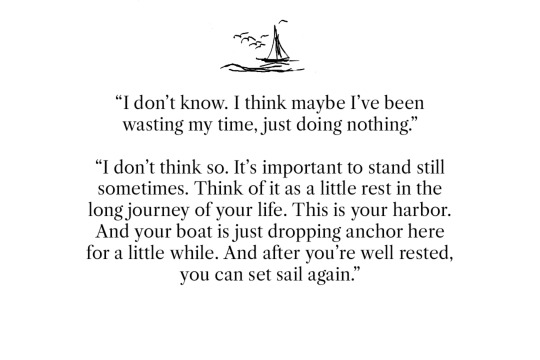
– Satoshi Yagisawa, Days at the Morisaki Bookshop
#book quote of the day#satoshi yagisawa#days at the morisaki bookshop#breakups#books about books#japanese author#contemporary fiction#romance#short reads#book recommendations
27 notes
·
View notes
Text
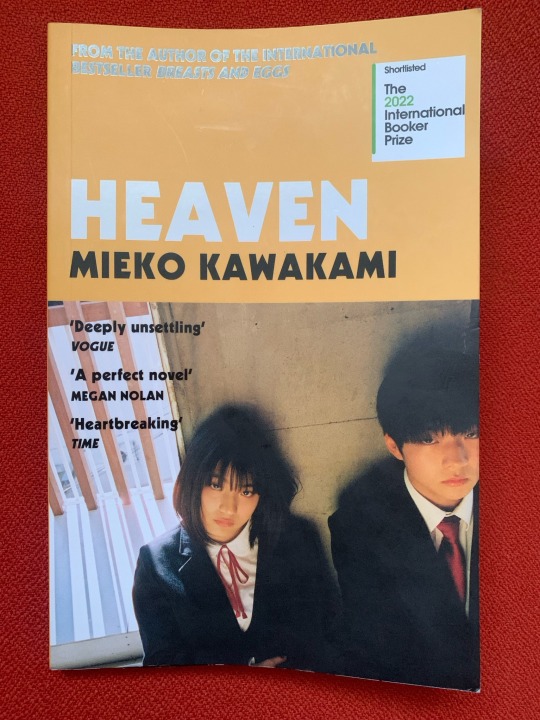
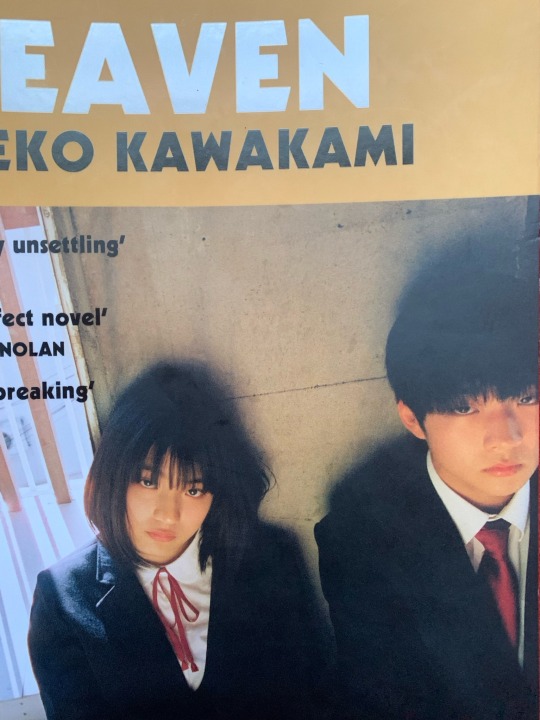
Just finished this book, honestly one of the best books I have read so far this year. The writing style was impressive and intimate, she had such a vivid way of depicting pain. it felt like I was next to him throughout the whole book. I liked the ending wasn’t expected but very realistic. (5/5)
Favorite quotes:
“When I was writing, I realized something. Your voice reminds me of a 6B. I'm not sure if this is going to make sense, but it's like they're soft and rigid at the same time. Almost unbreakable.”
“I remembered how she wrote once about when you send someone a letter, how it's out of your hands. It's not yours anymore, even though you wrote it.”
“You think about how other people feel. You're so kind. It makes sense. Because we're always in pain, we know exactly what it means to hurt somebody else.”
“Then it hit me: dying is just like sleeping. You only know you’re sleeping when you wake up the next day, but if morning never comes, you sleep forever. That must be what death is like. When someone dies, they don’t even know they’re dead. Because they never see it happen, nobody ever really dies. This hit me like a sucker punch.”
“But I wasn’t crying because I was sad. I guess I was crying because we had nowhere else to go, no choice but to go on living in this world. Crying because we had no other world to choose, and crying at everything before us, everything around us.”
#books and reading#booklr#reading#book blog#love reading#book nerd#bookish#books#bookworn#black girl reader#Heaven by mieko kamakami#japanese author#reading is sexy#book life#light acadamia aesthetic#light academia#bookworm#books & libraries#dark academia#black girls reading#black readers#book photography#my photography#neasoxi#dark acadamia aesthetic#tokyo#mieko kawakami#book review
12 notes
·
View notes
Text
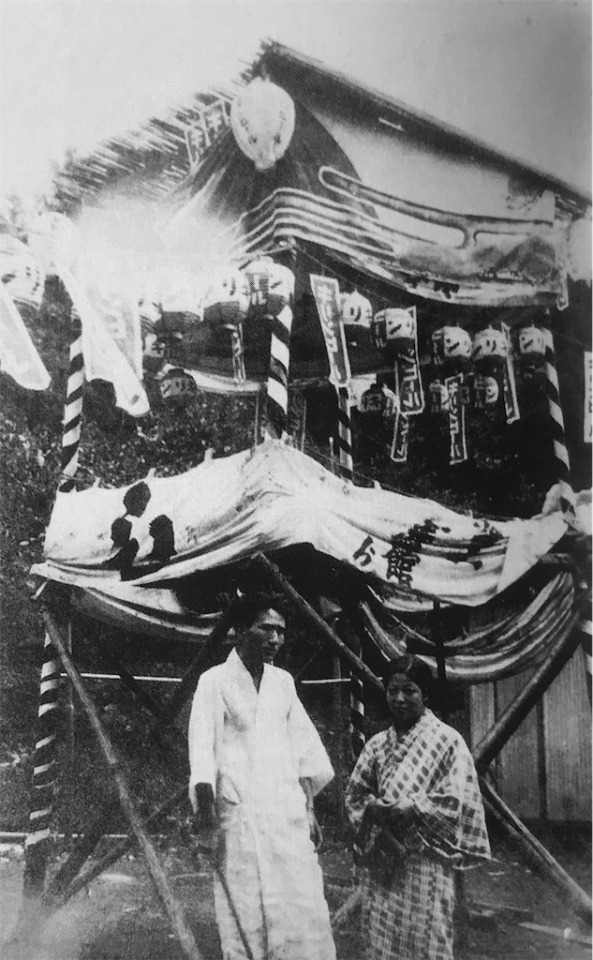
Japanese author Osamu Dazai with his first wife Hatsuyo Oyama.
#author#japan#japanese author#japanese literature#1930s#dazai osamu#osamu dazai#irlbsd#novel writing#novelist#no longer human#ningen shikkaku#the setting sun
22 notes
·
View notes
Text
Classic 20th Century Japanese Writers I Recommend
Over the past three years, little by little, I have begun to explore the beauty of Japanese literature. I had some reluctance at first due to the fact that the first Japanese I read was Haruki Murakami (no offense to his fans, but his writing style doesn't appeal to me). Even if you try not to be prejudiced, sometimes the brain works against you. I've taken a much further step back since then and decided to get my hands on some classics. I always liked the classics better. An apparently wise decision on my part, as I found some exceptional literary gems. I'm still at the beginning of exploration and it's a slow process (quality translations are few and far between in my country; luckily more and more classical Japanese authors are coming in lately, which brings me nothing but joy), but this is a short list of 20th century Japanese literature that I recommend.
1. Ryūnosuke Akutagawa (1892 - 1927) // Hell Screen (1918) // Spinning Gears (1927)
One of the greatest Japanese authors in history, Akutagawa is known as the "father of Japanese short stories". In my opinion, he fully deserves his title. His short stories are something unique in world literature, developing a wide variety of themes. He explores in his writings both old and new Japan, but maintaining a precious, enchanted air. Its style is easy to understand, but retains a certain poetry. Akutagawa instills in his characters an air of mystery and, in a certain way, grotesque, as if he could sense the dark side of man.
"Hell Screen" is inspired by a 13th-century volume of stories about the painter Yoshihide, commissioned to paint a screen depicting the Buddhist Hell scene. The theme of the artist's obsession with creation is a recurring theme in world literature, and Akutagawa brings it back in a new light. ”Spinning Gears” on the other hand takes place in the modern era and has a certain autobiographical feel to it. The protagonist narrates a series of events that he goes through, but these are often interrupted by his own thoughts and even hallucinations. The line between reality and fiction is finely demarcated, and the fall from one side to the other is sometimes imperceptible.
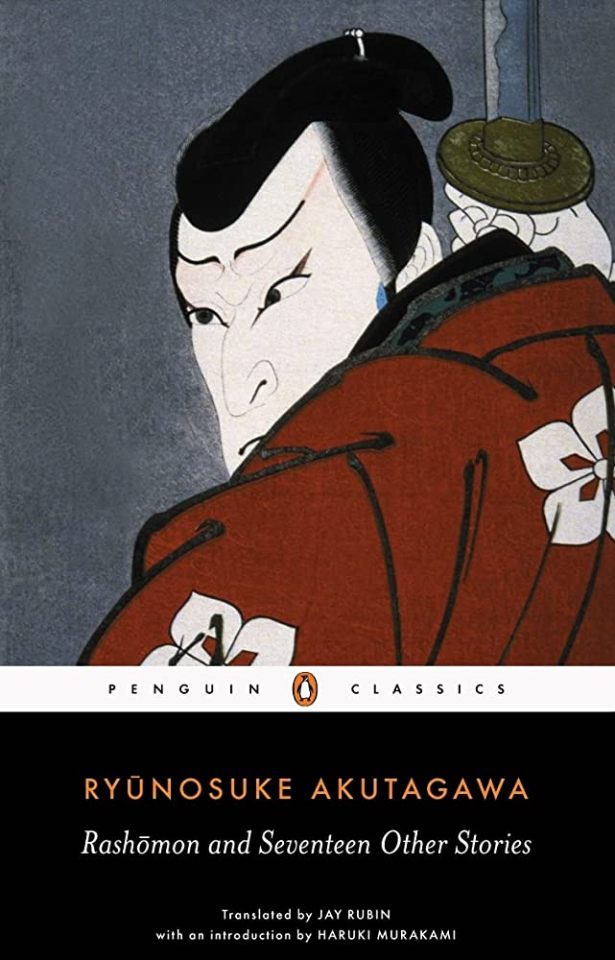

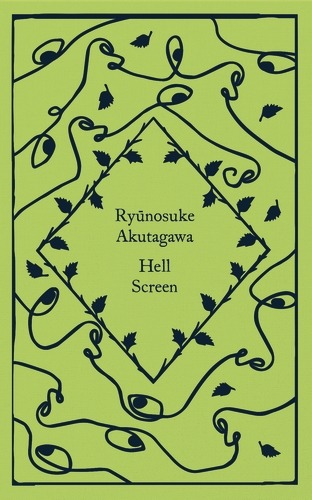
2. Yasunari Kawabata (1899 – 1972) // Thousand Cranes (1952) // Beauty and Sadness (1964)
The first Japanese to win the Nobel Prize in Literature, Kawabata is an important writer both nationally and internationally. Many of his writings have spread throughout the world. His protagonists are usually respected men, but tormented by a hidden, obsessive side that they try to curb. His style is delicate but concise, being generally devoid of unnecessary literary flourishes. Kawabata's construction is subtle and carefully contoured, knowing when to alternate shots.
"Thousand Cranes" is a short novel about a young unmarried man who has an affair with a woman older than him. Despite the age difference, the young man begins to develop an obsession with the woman, an erotic and even scary fascination in places. It is a story about passion that transforms reason, that brings horrible chimeras out of the human soul. "Beauty and Sadness" revolves around a former affair between a respected writer and a painter. The nostalgic notes of the past merge with the monotony of the present. While the central female figure is resigned and accepts her fate with simple coldness, the male figure seems to degrade at the first push and to live in a slight reverie, throwing himself into the nets of a past that only he idealizes.
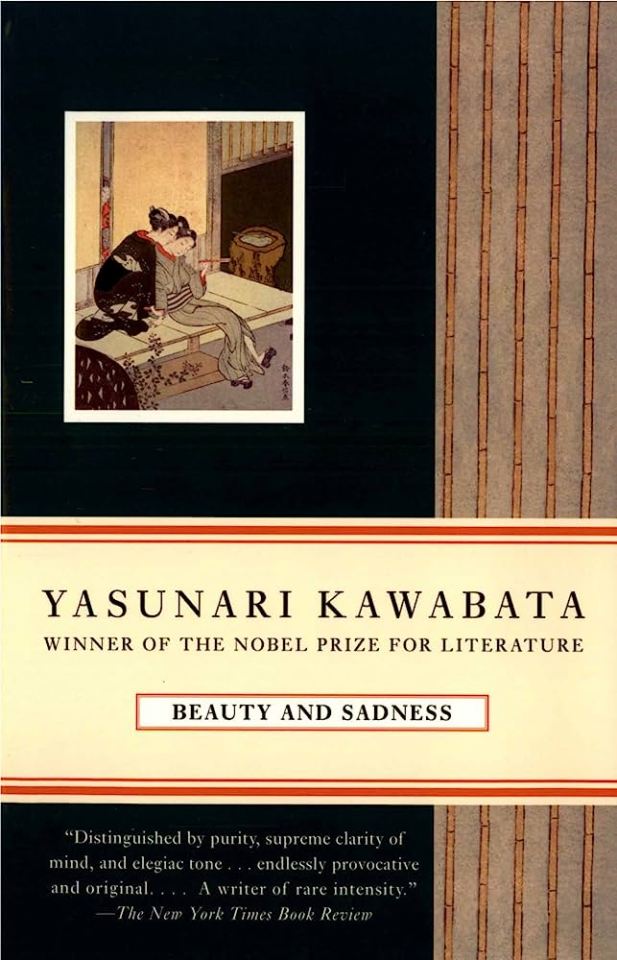
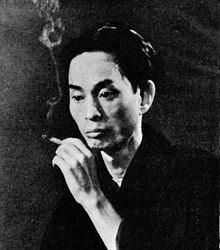
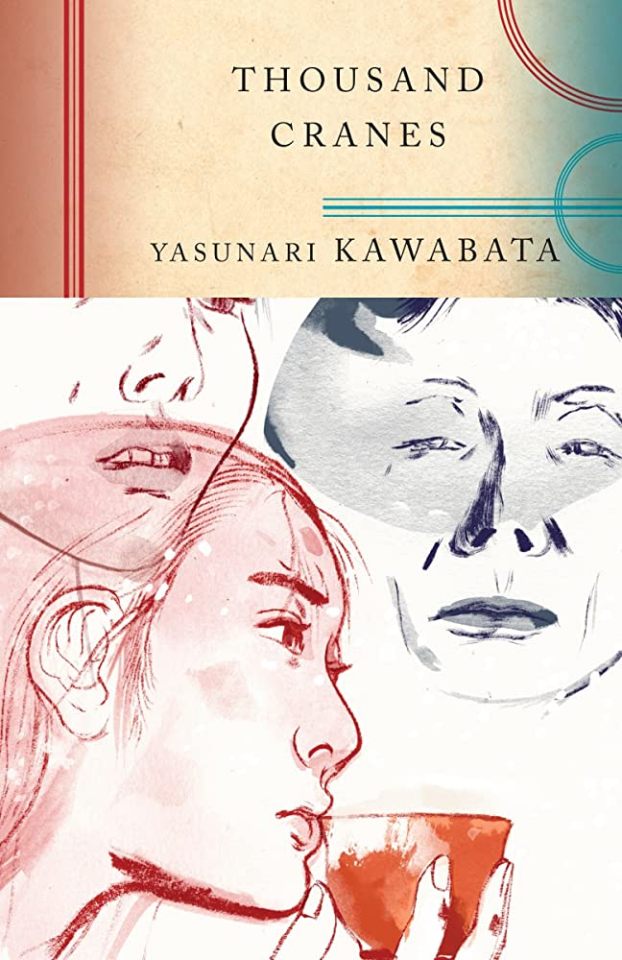
3. Osamu Dazai (1909 – 1948) // The Setting Sun (1947) // No Longer Human (1948)
A tragic genius par excellence, Osamu Dazai was obsessed his whole life with the idea of non-being. He had a latent fear of the idea of living among humans. His style is the most similar to that of Western writers among the Japanese authors I have come across so far. Like French decadents, he led a miserable life marked by alcohol, sex and suicidal tendencies. What makes him unique in literature is the way he manages to capitalize on the anguish, anxiety, fear of the human being that he suffers from and expose it in a poetic way in his writings.
"The Setting Sun" centers on a woman in her early 30s who lives with her opium-addicted brother and her widowed and ailing mother. The snake appears as an obsessive idea, a protector and a harbinger of death at the same time. The woman seems to have a corrupted soul since childhood, a tendency towards alienation, towards misfortune, towards darkness. The fear of loneliness is combined here with the fear of closeness. "No Longer Human" is a prose memoir with many autobiographical elements. The protagonist is presented through all three stages of his life, from childhood to adolescence to adulthood. The young cartoonist is terrified of the darkness within him, which turns him into an inhuman being. Despite his desperate attempts, he finds it impossible to be honest and connect with people. His life is haunted by the tragedy of a lonely soul, scared of his own self, terrified that the world will find out about the monster that lies within him.

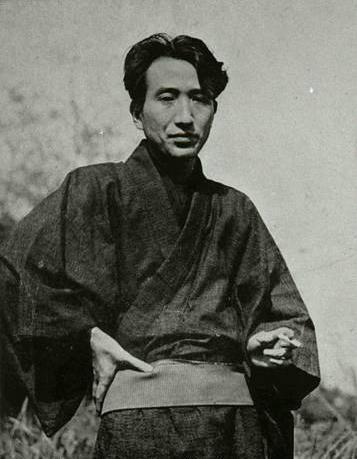

4. Yukio Mishima (1925 – 1970) // Confessions of a Mask (1949) // After the Banquet (1960)
Every country has that historical character that seems to be taken out of legends, but which was as true as it can be. Yukio Mishima is that character of Japan who is not talked about enough outside the borders. He had a tumultuous life, involved in art and politics alike. He wrote literature, essays, plays. His vocabulary is rich, lyrical, powerful. The images he conjures are terrifying, but clothed in poetry. He was not afraid to express the ideas he believed in, his political views, his observations on society, but he never forgot to express his art in a unique and sublime way. His voice is a universal voice, the meditations are of the whole world, and the freshness of the spirit is eternal. Mishima had a hidden talent for entering the darkness of the human soul and bringing out from there everything that could be both terrible and beautiful.
"Confessions of a Mask" is one of his most famous works. The young protagonist recalls his childhood and adolescence, exploring his homoerotic inclinations and the passion he develops for characters in agony. The images suggested in this prose are jarring, dramatic and aesthetic. Everything from the construction to the wording to the image is beautiful. "After the Banquet" has as its central character a woman in early old age. This is a charismatic character, slightly rude, but charming. Mishima balances the woman's free spirit with her fear of dying and disappearing without anyone to honor her memory, while a political battle rages in the background.



#dark academia#classic academia#dark academia aesthetic#art academia#light academia#art academia aesthetic#academia#chaotic academia#darkest academia#darkest academics#japanese author#japanese#japanese literature#classic literature#literature#akutagawa ryunosuke#yasunari kawabata#osamu dazai#yukio mishima#hell screen#thousand cranes#beauty and sadness#the setting sun#no longer human#after the banquet#confessions of a mask#booklr#bookblr#booklover
37 notes
·
View notes
Text
" Given my lack of experience, if my books were taken away from me, I would be utterly devastated. That's how much I depend on what's written in books. I'll read one book and be completely wild about it—I'll trust it, I'll assimilate it, I'll sympathize with it, I'll try to make it a part of my life. Then, I'll read another book and, instantly, I'll switch over to that one. The sly ability to steal someone else's experience and recreate it as if it were my own is the only real talent I possess. "
.
.
School girl
#spilled ink#dazai osamu#osamudazai#booklr#japanese author#book quotes#3am thoughts#spilled thoughts#books & libraries#escapism#light academia#japanese literature#no longer human#the setting sun#good reads
15 notes
·
View notes
Text
“Az emlékek azok, amelyek a testet belülről átmelegítik, ugyanakkor darabokra szaggatják.”
Murakami Haruki
#hungary#magyar#idézet#booklr#murakamiharuki#murakami haruki#kafka a tengerparton#kortárs#japanese author#japanese literature#kafka on the shore#irodalom
27 notes
·
View notes
Photo

Trouble at a Construction Site.
Yukio Mishima: The Death of a Man
Photography by Kishin Shinoyama
#yukio mishima#kishin shinoya#otoko no shi#the death of a man#japanese literature#japanese photography#japanese author#mishima
2K notes
·
View notes
Text

#yukio mishima#tribute#netego#mishima yukio#nov 25#yukio mishima tribute#japanese#author#japanese literature#literature#japanese author
34 notes
·
View notes
Text
“The more I think of it, the less I understand. All I feel are the assaults of apprehension and terror at the thought that I am the only one who is entirely unlike the rest. It is almost impossible for me to converse with other people. What should I talk about, how should I say it?—I don't know.”
― Osamu Dazai, No Longer Human
12 notes
·
View notes
Text

#i added this quote to goodreads so i could make this post#this book is so.....#yeah#literature#quotes#yukio mishima#confessions of a mask#lgbtq literature#academia#japanese author#aesthetic#comphet#gay
20 notes
·
View notes
Text
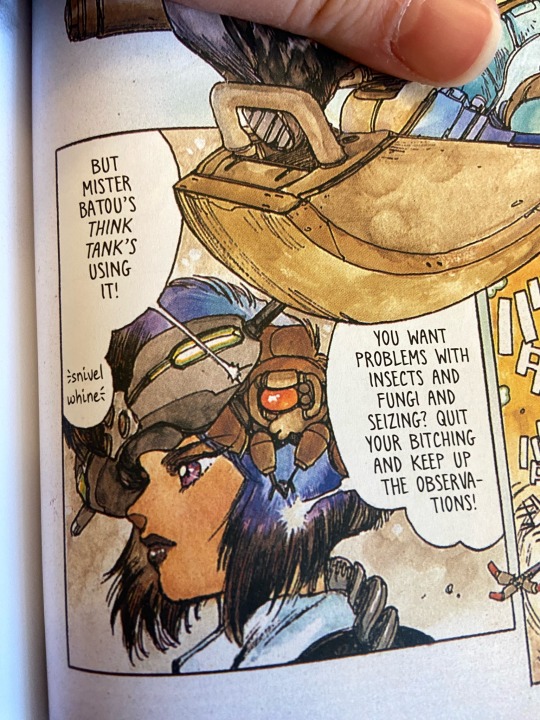
Major Motoko Kusanagi by Shirow Masamune in Ghost in the Shell
#major#the major#motoko kusanagi#major motoko kusanagi#cyborg#female#female cyborg#manga character#shirow masamune#masamune shirow#japanese#author#artist#japanese artist#japanese author#manga artist#manga author#ghost in the shell#ghost in the shell manga#manga series#cyberpunk manga#cyberpunk#futuristic manga#futuristic#kodansha#kodansha comics
13 notes
·
View notes
Text
I don’t think it really matters whether you know a lot about books or not. That said, I don’t know that much myself. But I think what matters far more with a book is how it affects you.
– Satoshi Yagisawa, Days at the Morisaki Bookshop
#book quote of the day#satoshi yagisawa#days at the morisaki bookshop#the joy of reading#books about books#japanese author#contemporary fiction#romance#short reads#森崎書店の日々#translated literature
8 notes
·
View notes